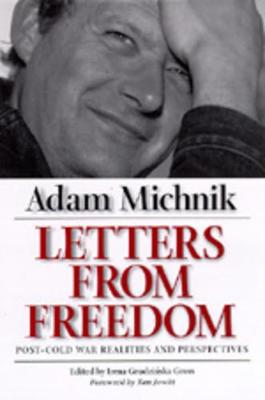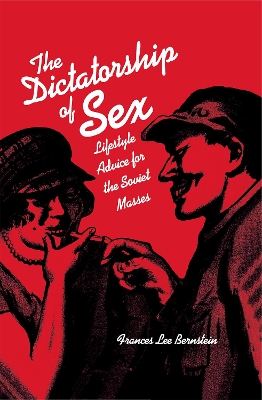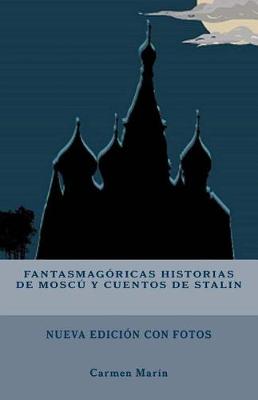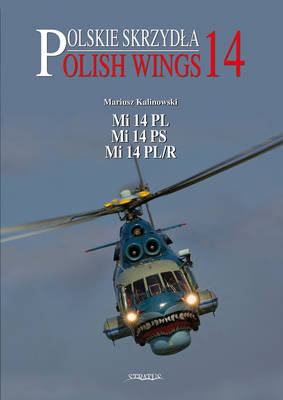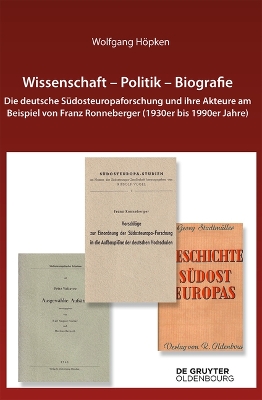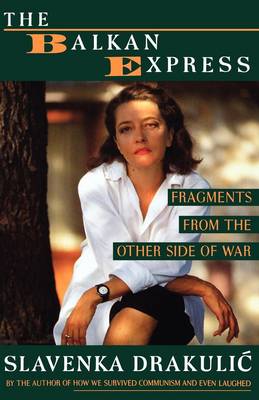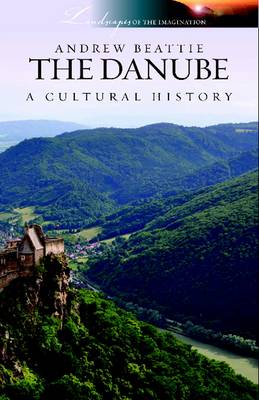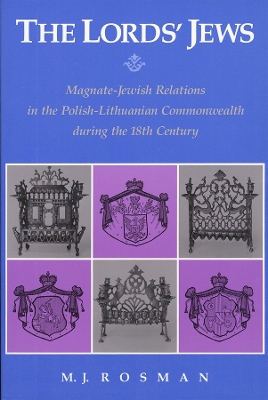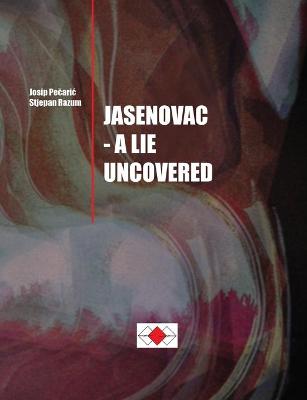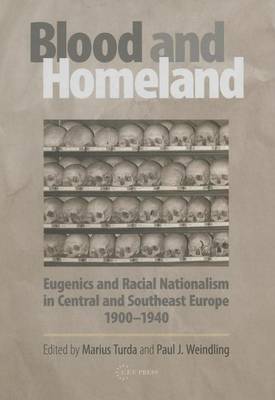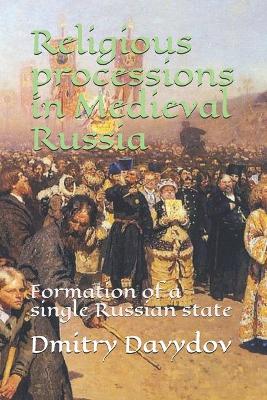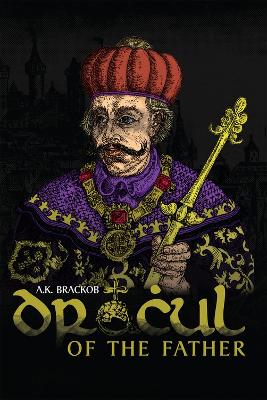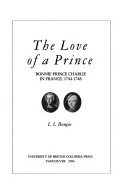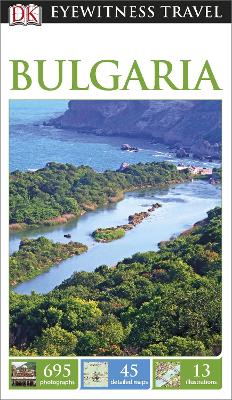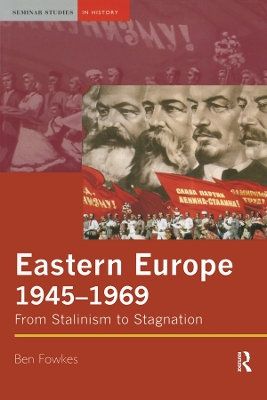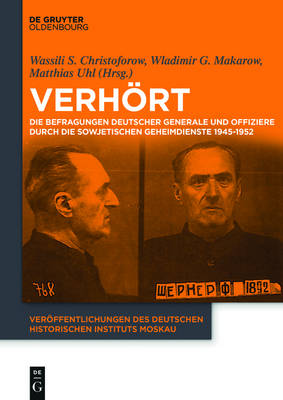Letters from Freedom (Society and Culture in East-Central Europe, #10)
by Adam Michnik
A hero to many, Polish writer Adam Michnik ranks among today's most fearless and persuasive public figures. His imprisonment by Poland's military regime in the 1980s did nothing to quench his outpouring of writings, many of which were published in English as "Letters from Prison". Beginning where that volume ended, "Letters from Freedom" finds Michnik briefly in prison at the height of the 'cold civil war' between authorities and citizens in Poland, then released. Through his continuing essays,...
Lessons of Kosovo (House of Commons Papers, No. 347-viii (Session 1999-2000))
Dictatorship of Sex (NIU Series in Slavic, East European, and Eurasian Studies)
by Frances Lee Bernstein
The Dictatorship of Sex explores the attempts to define and control sexual behavior in the years following the Russian Revolution. It is the first book to examine Soviet "sexual enlightenment," a program of popular health and lifestyle advice intended to establish a model of sexual conduct for the men and women who would build socialism. Leftist social theorists and political activists had long envisioned an egalitarian utopia, and after 1917, the medical profession took the leading role in solv...
Not all casualties of war die on the battlefield. In the wake of World War II, Yugoslavia purged its territory of the ethnic Germans who had formed a part of its human mosaic. Tarred with their ethnic origins and the conscription of their fighting-age men into the Waffen SS, these Volksdeutsche, ethnic Germans who had lived in the region for generations, were rounded up at the war's end and herded into concentration camps. Those who were not murdered or did not die from the harsh conditions were...
Count Stephen Tisza, Prime Minister of Hungary (American University Studies, #97)
by Istvan Tisza
Mi 14 PL, Mi 14PS, Mi 14 PL/R (Polish Wings, #14)
by Mariusz Kalinowski
This latest book in the Polish Wings series tells the story of the Mil Mi-14, a Soviet anti-submarine helicopter derived from the earlier Mi-8. The NATO code name for this helicopter is HazeA". It includes scale plans, photographs and drawings from official technical manuals, plus superb colour illustrations of camouflage and markings, walk-around colour photographs and archive images.
Wissenschaft - Politik - Biografie (Sudosteuropaische Arbeiten, #163)
by Wolfgang Hoepken
A history of the Romanian people which seeks to make intelligible their aspirations, achievements and plight. The author, who died in 1988, had been for many years the Director of the Romanian Radio Service for Europe. The book covers the course of Romanian history from Roman times to the 1980s. It focuses on the social structures, economics and political institutions of the principalities inhabited by the Romanian people in the course of their history.
One of Eastern Europe's most important writers, Croatian journalist and novelist Drakulic takes readers into the violent and bitter maelstrom that is the Yugoslavian conflict. In a series of brilliant and poignant personal essays, she describes how ordinary people respond to this gruesome situation.
Polish Democratic Thought from the Renaissance to the Great Emigration (East European Monographs S.)
by M. B. B. Biskupski and James S. Pula
This volume covers the period from the 16th century until the mid-19th century when industrialization, urbanization, and the defeat of the last great insurrection combined to create the modern Polish nation. Its focus is on the development of democratic thought in Poland and its application in Polish law and in 19th-century Polish democratic movements in exile.
The Danube is the longest river in western and central Europe. Rising amidst the beautiful wooded hills of Germany s Black Forest, it touches or winds its way through ten countries and four capital cities before emptying into the Black Sea through a vast delta whose silt-filled channels spread across eastern Romania. From earliest times the river has provided a route from Europe to Asia that was followed by armies and traders, while empires, from the Macedonian to the Habsburg, rose and fell alo...
This study of post-war Polish intellectual history analyzes the complex interface between politics and literature under communism. It suggests that it was not the Catholic Church but the writers of the lay-left who were the most consistent critics and opponents of Stalinism.
In the first in-depth exploration of the relationship between Jews and magnates in the Polish-Lithuanian Commonwealth, M. J. Rosman shows the influence of the Jews on economic, social, and political life in the Polish, Ukrainian, and Belorussian territories, and offers new perspectives on their relations with magnates. Rosman focuses on two major questions: What were the principal spheres of interaction between the Jews and the nobility? What was the significance of this interaction for both par...
Blood and Homeland: Eugenics and Racial Nationalism in Central and Southeast Europe, 1900 1940
Stories of Dracula have fascinated people around the world for generations. Both the fictional vampire created by the Irish author Bram Stoker at the end of the nineteenth century and the fifteenth century Prince called Vlad the Impaler, the man regarded as the historical Dracula, have become part of universal culture. Yet few realize that the Wallachian ruler dubbed "the Impaler", is not the original Dracula. Instead, that distinction belongs to his father, a little-known prince called Vlad Dra...
The DK Eyewitness Bulgaria Travel Guide is your indispensable guide to this beautiful part of the world. The fully updated guide includes unique cutaways, floorplans and reconstructions of the must-see sites, plus street-by-street maps of all the fascinating cities and towns. The new-look guide is also packed with photographs and illustrations leading you straight to the best attractions on offer. The uniquely visual DK Eyewitness Travel guide will help you to discover everything region-by-r...
Here is an essential short guide to the history of Eastern Europe under the early decades of communist rule. The study explores the communists attempt to transpose a uniform economic and social system across the region copied from the Soviet model. Dr Fowkes shows how this did not always succeed and he reveals the local variations which became more pronounced after the death of Stalin. The book includes detailed analysis of the dramatic events in Poland and Hungary and in the assessment section...
Verhoert (Veroeffentlichungen Des Deutschen Historischen Instituts Mosk, #6)
Korea - Ein Vergessener Krieg? (Veroeffentlichungen Des Deutschen Historischen Instituts Mosk, #3)
The Social Construction of Man, the State, and War is the fist book on conflict in the former Yugoslavia to look seriously at the issue of ethnic identity, rather than treating it as a given, an unquestionable variable. Combining detailed analysis with a close reading of historical narratives, documentary evidence, and first-hand interviews conducted in the former Yugoslavia, Wilmer sheds new light on how ethnic identity is constructed, and what that means for the future of peace and sovereignty...
